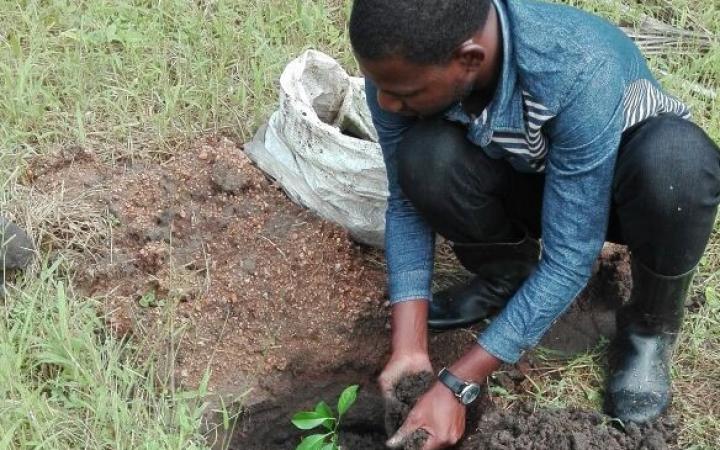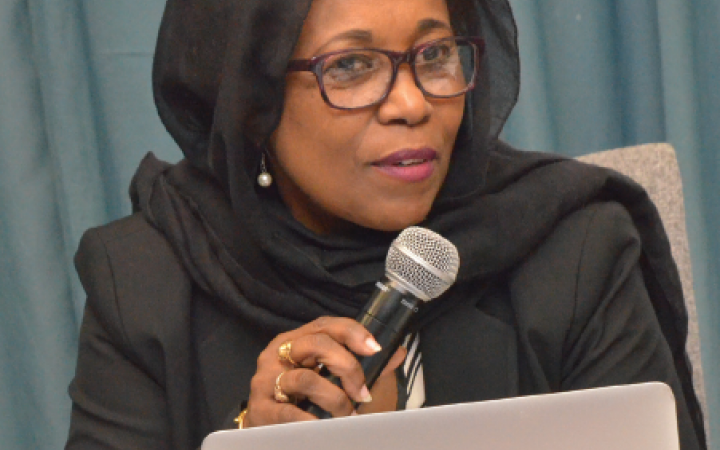The Impact Story Initiative aims to spotlight how our learners have applied new knowledge and skills following the delivery of training. Contrary to testimonials or success stories, impact stories can show the positive and not-so-positive elements as well as the intended and unintended results from what we do. By using a variety of quantitative and qualitative methods, these stories are an evaluative tool to find the impact of our training, examining whether individual, organizational or even wider change has taken place. We want to hear from you. What is your Impact Story? Download the Impact Story Flyer or contact evaluation@unitar.org.
Displaying 31 - 35 of 35
20 April 2020
"The activities of the project that EPA, UNDP and UNITAR have supported has significantly increased the priority given to mercury management in Ghana."
19 April 2020
Immediately after the course, he got the opportunity to engage in a forum where an agriculture implementation strategy was being developed for Kenya. This was perfect timing for Kelvin, as the course was still fresh in his mind and agriculture is a key sector for Kenyan trade.
13 January 2020
The UNITAR Operational Satellite Training Programme (UNOSAT) contributes to human security, peace and socio-economic development by providing integrated satellite-based solutions for governments as well as relief and development organizations within and outside the UN system.
8 January 2020
The National Adaptation Plans (NAP), coordinated by the United Nations Framework Convention on Climate Change (UNFCCC), aim to reduce vulnerability to the impacts of climate change, by building adaptive capacity and resilience. It further facilitates the integration of climate change adaptation, in a coherent manner, into relevant new and existing policies, programmes and activities.
31 December 2019
Further to the adoption of the 2030 Agenda in September 2015, two rounds of Voluntary National Reviews (VNRs) of its implementation have taken place at the global level in July 2016 and July 2017 in the context of the High-level Political Forum (HLPF) on Sustainable Development.






